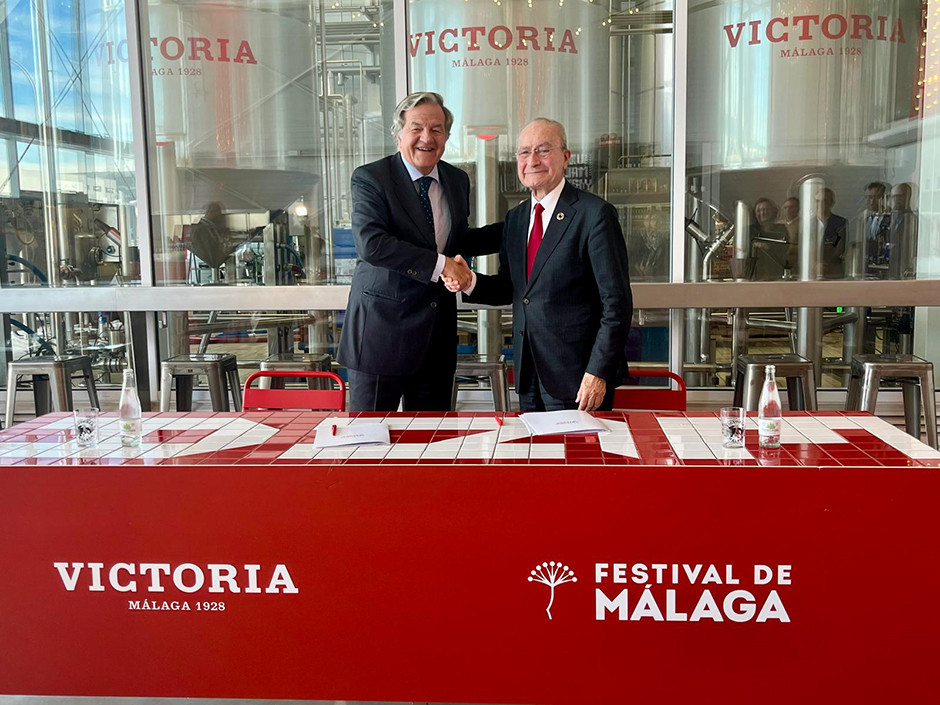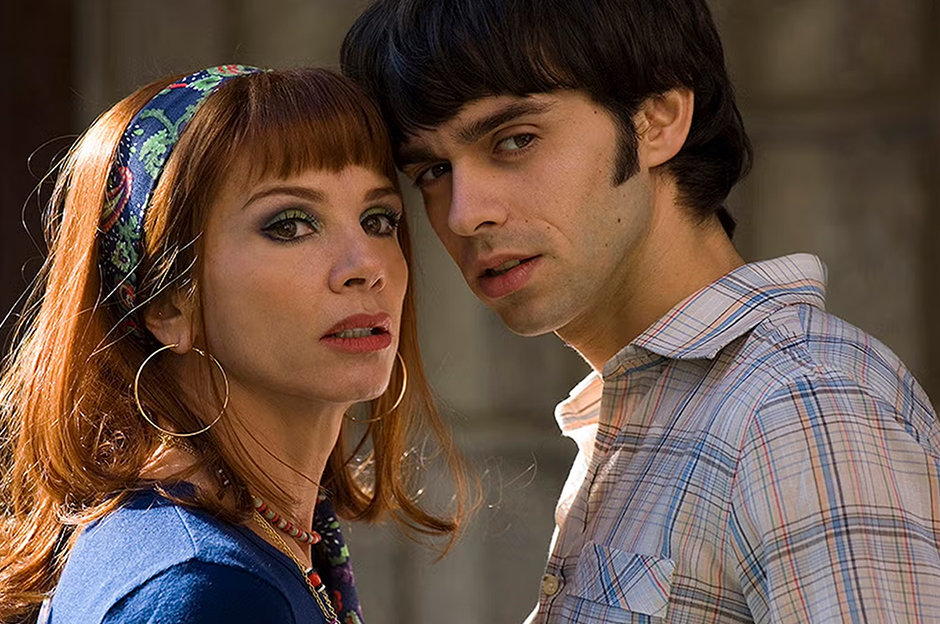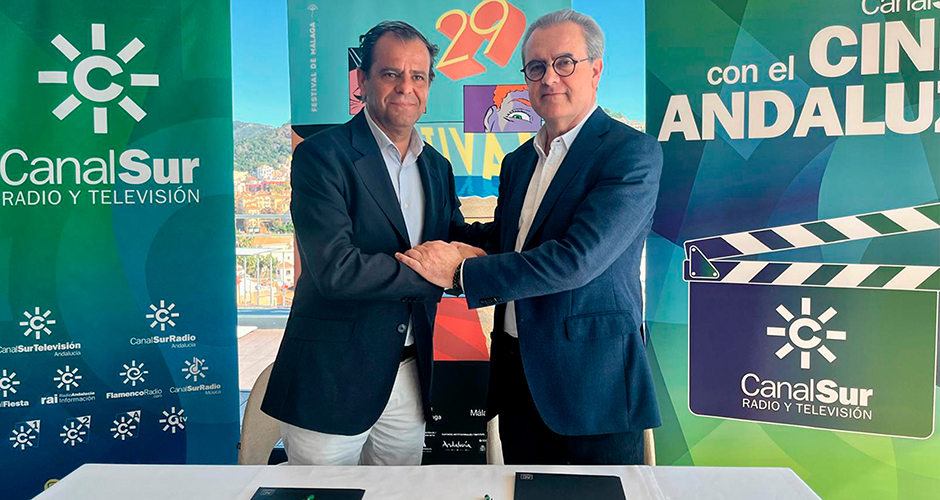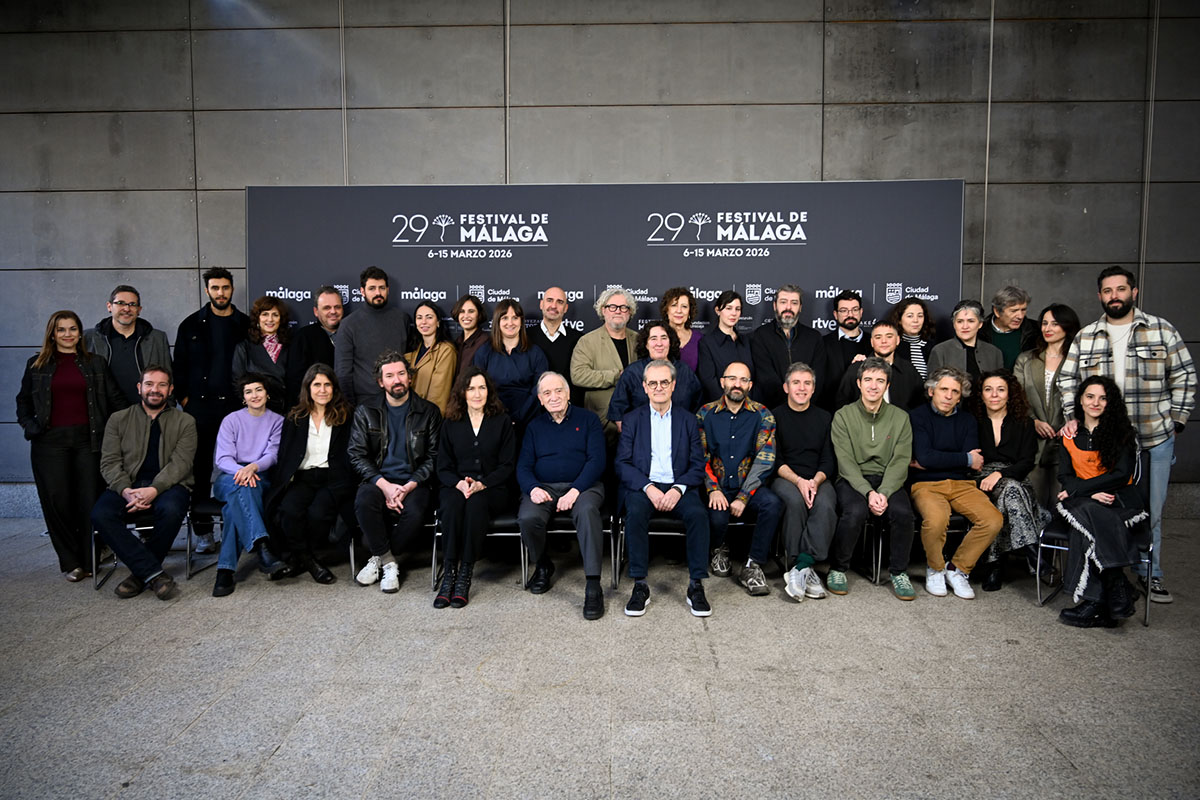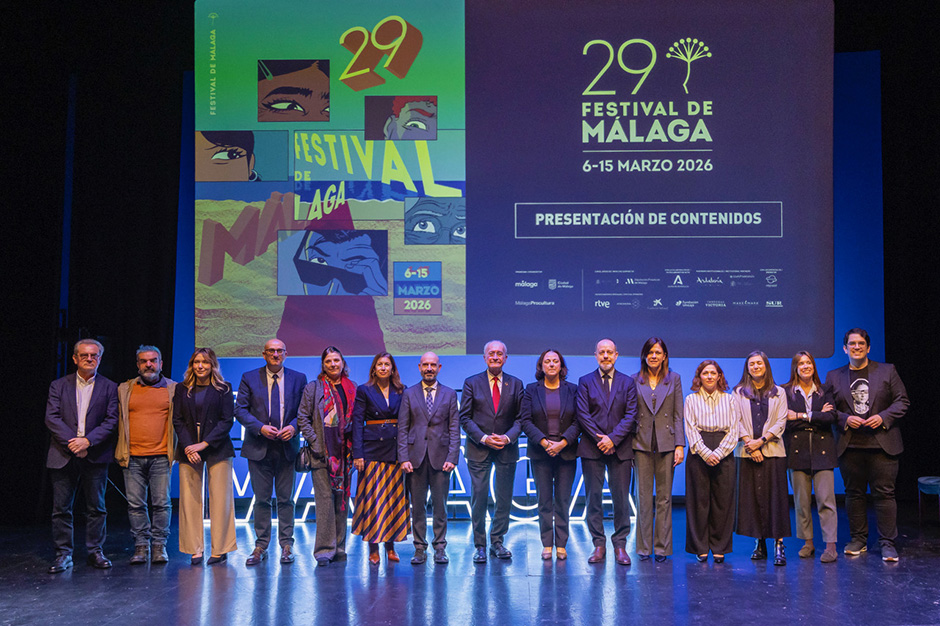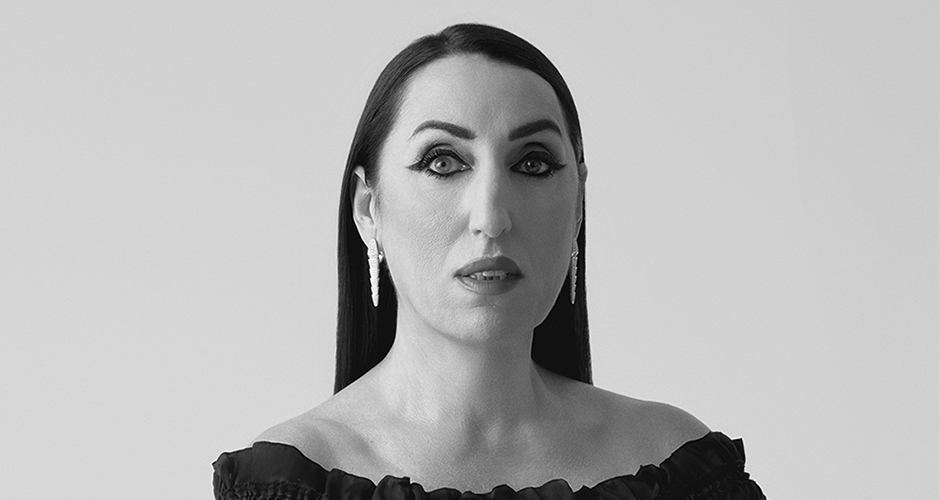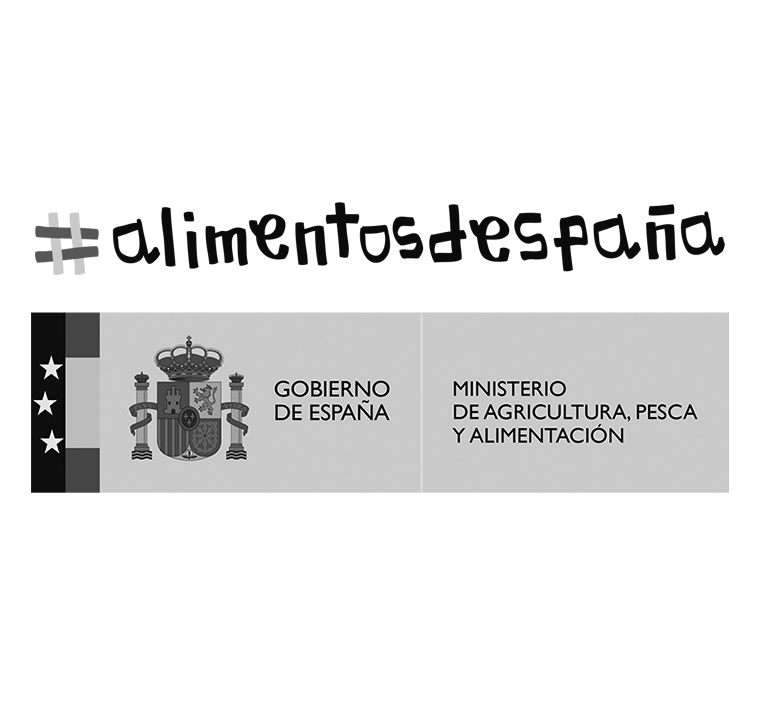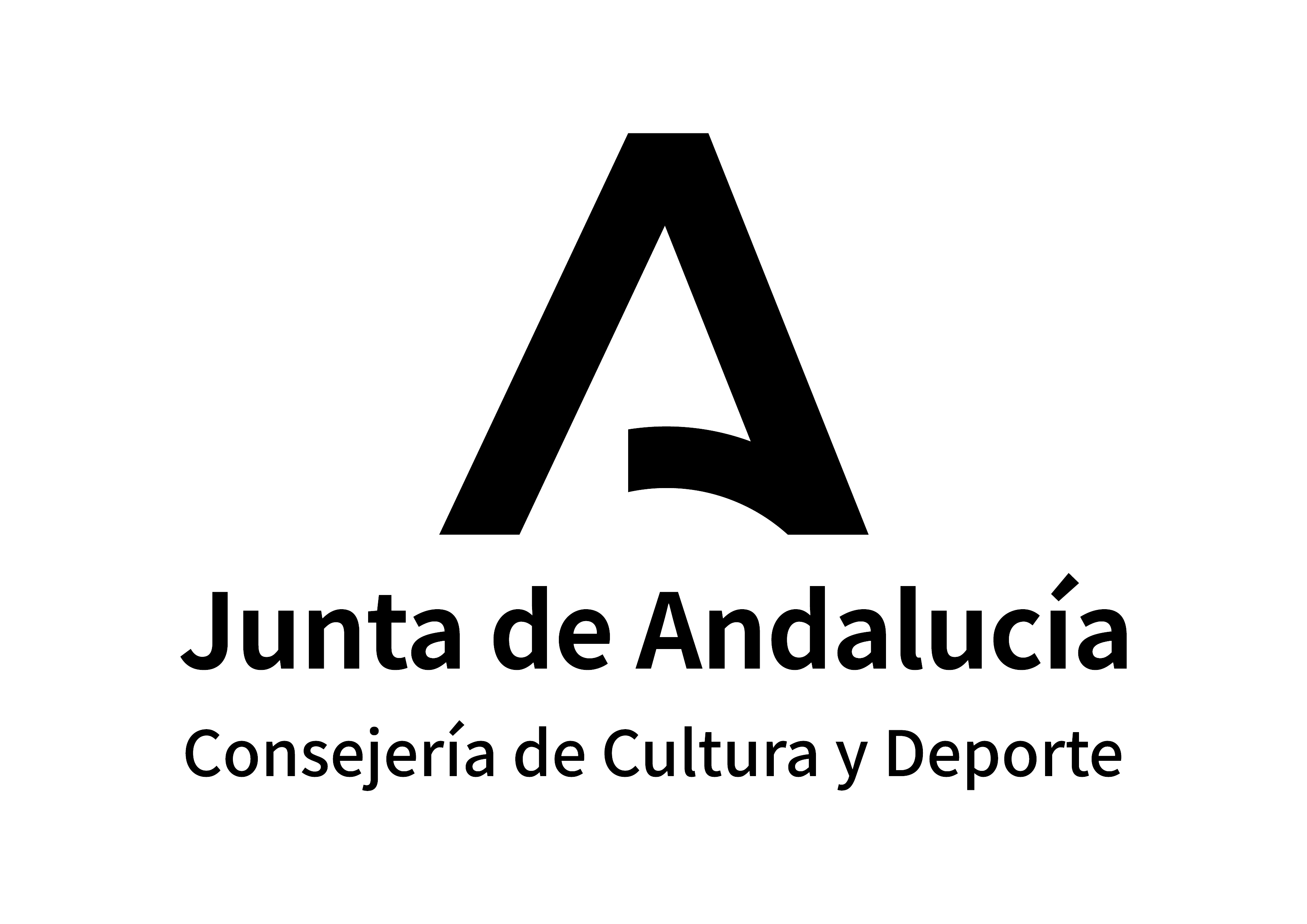An ‘anti-documentary’ about nature and the hybrid between fiction and reality are the protagonists of this Thursday’s Documentary section
The place of humans in nature and the dichotomy between the individual and the collective are some of the themes dealt with this Wednesday in the Documentary section of the Festival de Málaga. La visi
The session began with La visita de un pájaro, a short film in which the Sevillian director Lucía del Valle explores her view of mourning a loss. Faced with this grief over death, Lucía del Valle delves into the world of ornithology. 'I propose a kind of poetic manual about an initiation into the world of birds, from bird watching to ringing, through the empty spaces, the gestures and the landscapes of the whole environment', summarised the young filmmaker.
The observation is also the starting point of the next film to screen Salvaxe, salvaxe. Directed by Galician director Emilio Fonseca, the film explores the relations between humans and non-humans from the search for interspecies justice. Like a kind of nature anti-documentary, Salvaxe, salvaxe takes us into the Galician-Portuguese mountains and the ecosystem of the Iberian wolf. 'This film is based on the observation of the wolf. We didn’t want to film violent images. We tried different things to get closer to the animals without interfering with their habitat, because actually filming them is a siege situation. So we used the images from the scientists and nothing else', explained Emilio Fonseca about his documentary that seeks to denounce the subjugation and extermination of the Iberian wolf.
The day continued with the screening of Tudo que vi era o sol, a short film by directors Leonardo Amaral, Pedro Maia de Brito and Ralph Antunes. The film portrays a unique portrait of the life of Gil, a bricklayer who lives in a small town in the state of Minas Gerais in Brazil. A story of love, lost hopes and dreams to be fulfilled.
The search for a better future served as the plot for the last documentary of the day: Quédate quieto by award-winning Peruvian director Joanna Lombardi. Addressing the struggle for a dignified life in a country marked by corruption, for three years Joanna Lombardi follows the lives of the people living in a clandestine cemetery in Pachacutec, Ventanilla. 'In Peru, if you manage to stay on a piece of land for a period of time, you end up owning it. It’s like a free market, and cities grow chaotically', the director commented to the audience at the talk.
Quédate quieto portrays two parallel stories: the life of Hilton, whose job is to dig the graves of the dead who come to ‘populate’ the clandestine cemetery, and the story of Hilda and Cristina, two young women who arrive in the same area to take over a small plot as part of a massive invasion. The invasion and the cemetery are not far away, and the dead seem to have got what they want: a home.
Share









